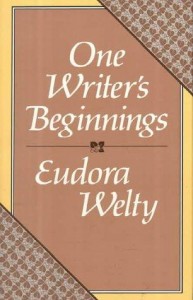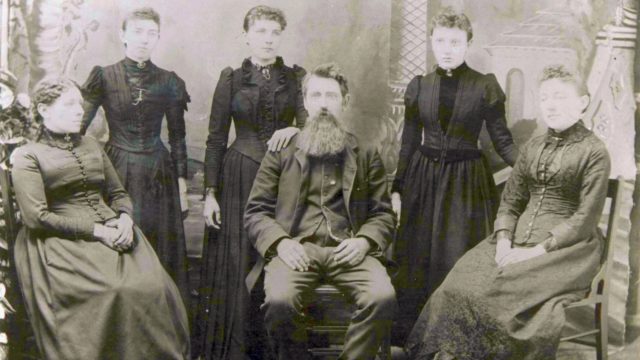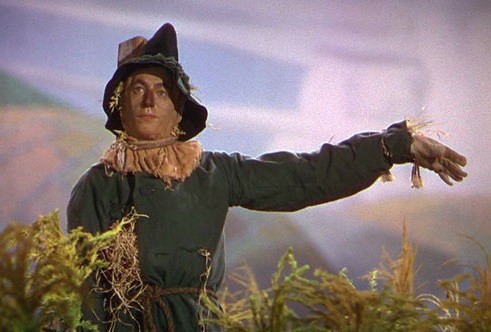One Writer’s Beginnings
 This book has been on my shelf for years, but though I’ve read pieces of it (my tagline comes from it), never before this week have I sat down and read it all the way through. It’s an autobiography of Eudora Welty’s writerly persona, but this doesn’t mean it’s a dry, theoretical treatise. Far from it. She explores her family history, complete with photographs and early childhood memories recounted with wonderful clarity of detail. It’s a short book, organized simply into three sections: “Listening,” “Learning to See,” and “Finding a Voice.”
This book has been on my shelf for years, but though I’ve read pieces of it (my tagline comes from it), never before this week have I sat down and read it all the way through. It’s an autobiography of Eudora Welty’s writerly persona, but this doesn’t mean it’s a dry, theoretical treatise. Far from it. She explores her family history, complete with photographs and early childhood memories recounted with wonderful clarity of detail. It’s a short book, organized simply into three sections: “Listening,” “Learning to See,” and “Finding a Voice.”
I’ve only read one of Welty’s novels, The Optimist’s Daughter, and both my great liking for it and its alleged autobiographical nature compelled me to pick up One Writer’s Beginnings. The two books truly do bear a close resemblance to each other. I find it interesting that Welty quotes a passage from Optimist in the concluding pages of this book. Apparently she wrote Optimist first, and in One Writer’s Beginnings she’s following in the footsteps of the heroine of that story, Laurel Hand. I love the idea of a writer who’s inspired by her characters, rather than always implanting her own already-lived experience into them.
The commonalities between the two books are many and substantial. The characters, the locales, the events, and even the central, organizing situation of a woman returning to explore her family’s past are identical. I was glad that along with other aspects of writing and the genesis of stories, Welty touches on character creation, a discussion that’s invariably provocative and discerning. On the subject of her own autobiographical explorations she has this to say:
Through learning at my later date things I hadn’t known, or had escaped or possibly feared realizing, about my parents — and myself — I glimpse our whole family life as if it were freed of that clock time which spaces us apart so inhibitingly, divides young and old, keeps our living through the same experiences at separate distances.
It is our inward journey that leads us through time — forward or back, seldom in a straight line, most often spiraling. Each of us is moving, changing, with respect to others. As we discover, we remember; remembering, we discover; and most intensely do we experience this when our separate journeys converge. Our living experience at those meeting points is one of the charged dramatic fields of fiction.
These fascinations with time, different kinds of time, overlapping experience, and the function of memory, run through both this story and Optimist. Welty’s ideas about a transcending ”confluence” of experience are what give her exploration of the past meaning, and resolve the story. Through memory, we can reach into the past and access the truths of our own “beginnings.” What Welty wasn’t aware of as a child, she can uncover in this book, writing in her seventies, through memory. Her perspective reminds me very much of Wendell Berry’s, which surfaces over and over in his stories and poems, and includes like Welty’s not just the importance of memory, but the equally important tempering influences of faith and love.
This all sounds very abstract, so I’ll conclude by handing the microphone back to Welty herself as she links art and life and memory far more succinctly than I seem able to do:
It seems to me, writing of my parents now in my seventies, that I see continuities in their lives that weren’t visible to me when they were living… Could it be that I can better see their lives — or any lives I know — today because I’m a fiction writer? See them not as fiction, certainly — see them, perhaps, as even greater mysteries than I knew. Writing fiction has developed in me an abiding respect for the unknown in a human lifetime and a sense of where to look for the threads, how to follow, how to connect, find in the thick of the tangle what clear line persists. The strands are all there: to the memory nothing is ever really lost.


